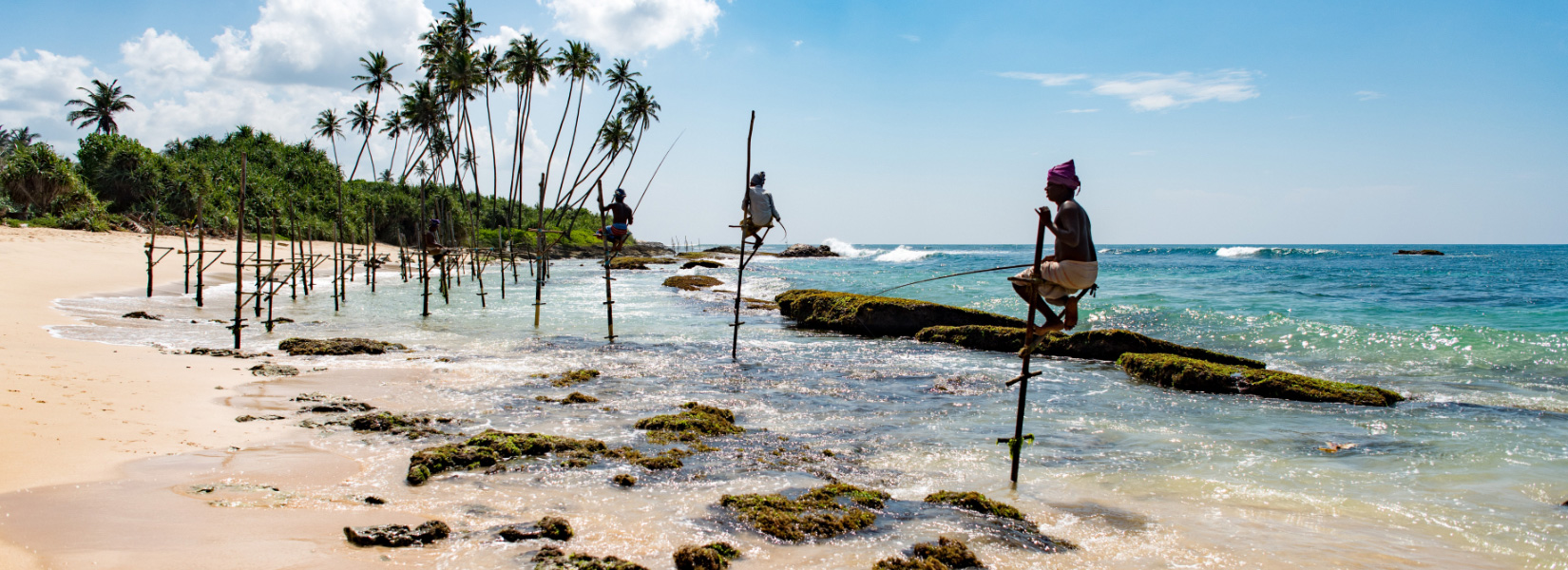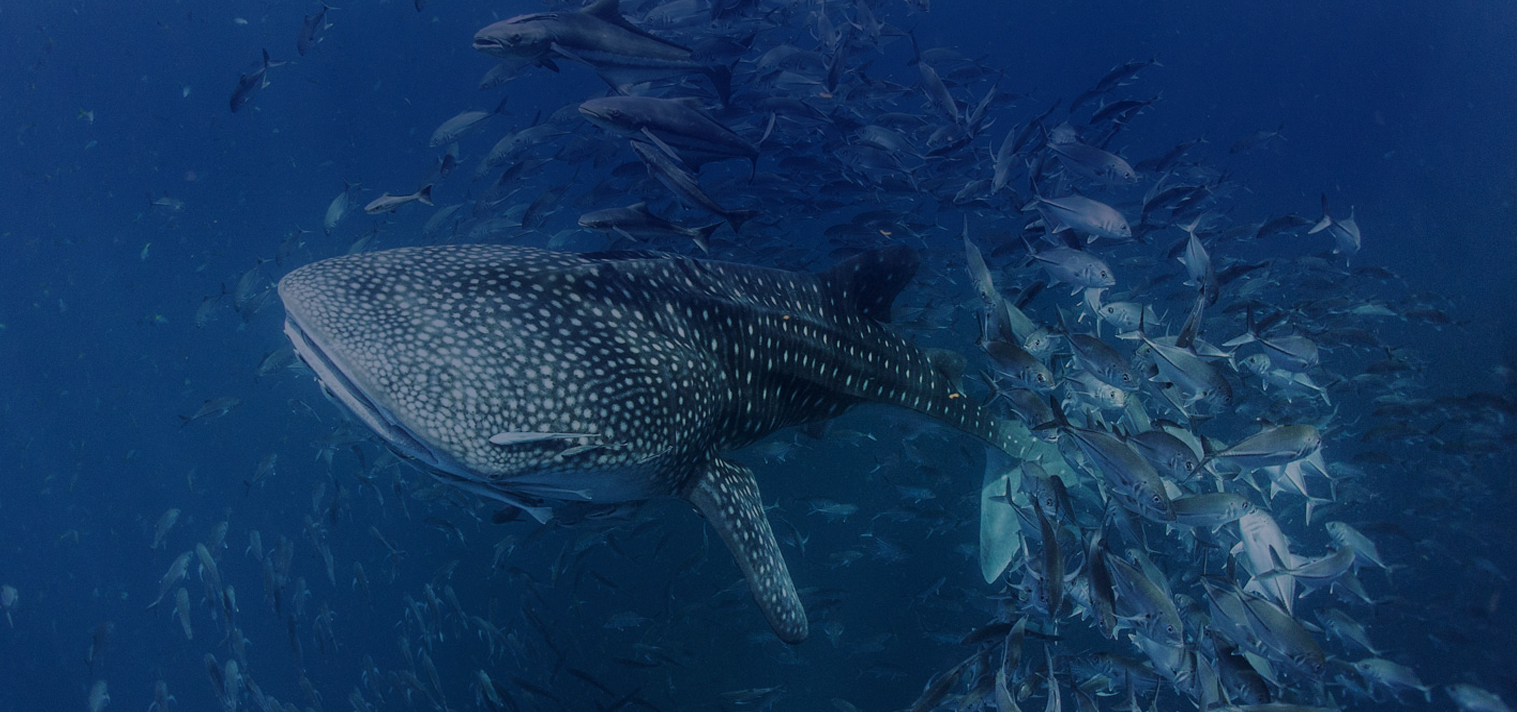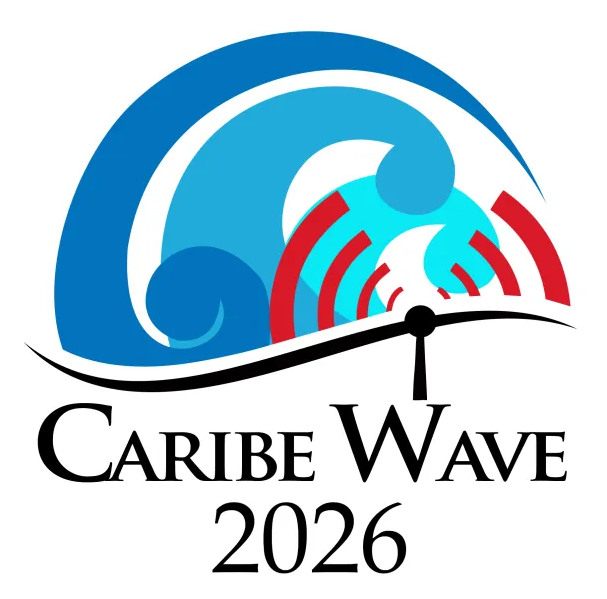Why observe the ocean?
The ocean covers 71% of our planet’s surface. We are increasingly recognising how much we rely on it to support human life and our economic, cultural, social and environmental wellbeing.

11 March 2023
Ocean observing is essential for a better understanding of how society and all life on earth is affected by climate change. The information gathered is invaluable to policymakers and individual nations, guiding them to make change at a global, regional and local level.
Information from ocean observing is also essential for weather forecasting. It delivers early warning of hazards like tsunamis, storm surges and extreme waves that helps save lives and enables marine operators to remain efficient.
Looking to the future, a sustainable ocean economy has the potential to be a major source of food, jobs, and energy.
But this complex and dynamic socio-ecological system is also influenced by activities on land, ocean, atmosphere and interactions between the ocean and cryosphere.
Continued ocean warming, exacerbated by ocean acidification and other factors, is projected to lead to corals and other ecosystems essential for biodiversity and food and livelihood for millions of people disappearing.
Dead zones and low oxygen zones are being created by deoxygenation caused by the effects of increased nutrient loads and ocean warming.
Nutrient pollution is leading to harmful algal blooms (HABs) that devastate marine biodiversity and pose a significant risk to human health.
We’re also aware of how much we don’t know. Especially when it comes to understanding marine biodiversity and the seabed in areas beyond national jurisdiction as well as our knowledge of polar regions and the Southern Ocean.
GOOS observes the ocean to increase our knowledge, help keep humanity and our planet safe, while playing our part in enabling environmental regeneration and economic growth for the future. Read more







